Disciplinary responsibility of advocates: how the system works and why experience is important for experts
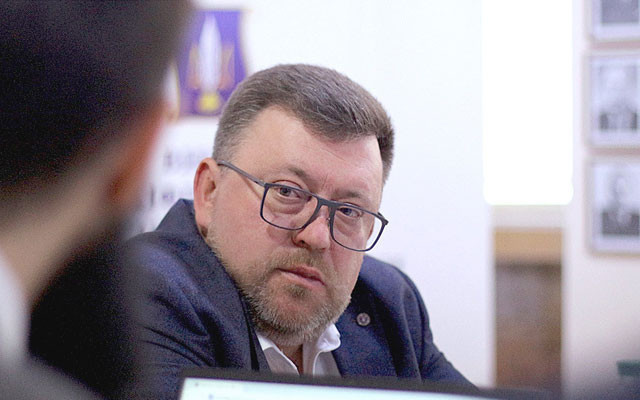
Unlike many professions, the Ukrainian advocacy has a developed system of self-regulation, particularly in matters of disciplinary responsibility. That is why the experience gained since 2012 can be useful for reforming forensic activities.
This was discussed during the round table «Standards of professional conduct for advocates and forensic experts: problematic issues and ways to resolve them», organized and conducted by the Ministry of Justice, the National Scientific Center «Institute of Forensic Expertise named after Prof. M. S. Bokarius», and the Ukrainian National Bar Association.
Within the thematic area «Problems of regulatory and legal regulation of forensic and advocacy activities; disciplinary responsibility of advocates and experts», Andriy Misiats, the acting Head of the High Qualification and Disciplinary Commission of the Bar, who spoke about the key features of the model of disciplinary responsibility of advocates, recent changes in the procedure and principles followed by the bar self-government to ensure fairness and trust in the profession.
According to him, the disciplinary practice of the Bar already has a solid regulatory framework and many years of experience based on ethical standards. In this context, he emphasized the importance of combining legislative requirements with moral and ethical norms, as enshrined in the Rules of Professional Conduct for Lawyers.
Recently, the Bar Council of Ukraine has introduced changes to the procedure for considering disciplinary cases. It has become more transparent and convenient for participants. In particular, advocates and complainants have been given the opportunity to familiarize themselves with case materials through cloud storage, participate in meetings online, and commissions have introduced a mixed format for meetings. A. Misiats noted that this has increased the effectiveness of the HQDCB as a quasi-judicial body.
He recalled that an advocate can only be held accountable after all stages of the procedure have been followed: filing a complaint, reviewing it, opening or refusing to open disciplinary proceedings, considering the case on its merits, and adopting a decision. The current law provides for only three types of disciplinary sanctions: warning, suspension of the right to practice law for a period of one month to one year, and deprivation of the right with exclusion from the Unified Register of Advocates of Ukraine. The law does not provide for other types of punishment, such as fines or community service.
Any decision of the regional QDCB may be appealed to the HQDCB or to a court. In doing so, the HQDCB has the right not only to overturn or uphold decisions, but also to amend them. This practice has been confirmed by court decisions, including cases heard by the Supreme Court.
Separately, the head of the High Disciplinary Bar Commission drew attention to the typical problem of abuse of disciplinary complaints by procedural opponents. According to him, such attempts are used to put pressure on an advocate or to remove him or her from a case. The Commission carefully examines such complaints and does not allow them to be used as a tool of unfair competition.
In conclusion, A. Misiats emphasized that disciplinary responsibility must be not only lawful but also fair, and that the experience of the advocacy in building such a system could serve as an example for improving professional regulation in the judicial and expert spheres.
Popular news

Legislation
UNBA initiatives to implement the Roadmap were supported by international experts
International experts who participated in the inaugural meeting of the Working Group on the implementation of the Roadmap on the rule of law in advocacy and agreed to join it expressed their support for the initiative of the Ukrainian National Bar Association.

Legislation
How will the group responsible for implementing the Roadmap for advocacy operate?
The working group on the implementation of the Roadmap on the rule of law in the area of advocacy will operate at several levels: plenary meetings as a platform for adopting framework decisions, a coordination bureau for compiling documents and calendar control, and thematic subgroups for preparing norms and their justification. International experts will verify the results against European standards and «red lines».
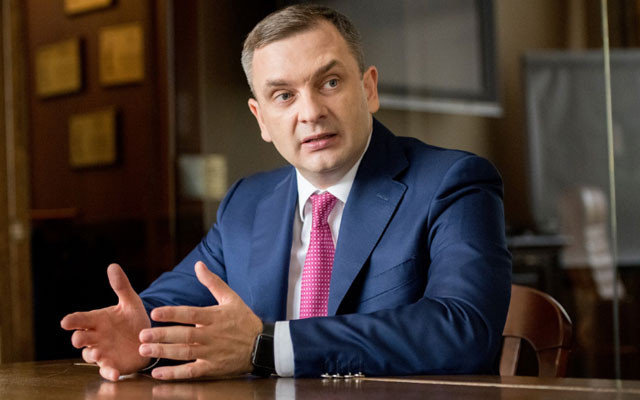
Legislation
Advocacy is a responsible entity, not a critic of reform — V. Gvozdiy
The Roadmap on the Rule of Law is not a basis for restructuring the model of advocacy, but a framework for verifying and improving the already European-oriented system. At the same time, part of the work has already been done, so further progress should be made in the form of coordinated and practical decisions.
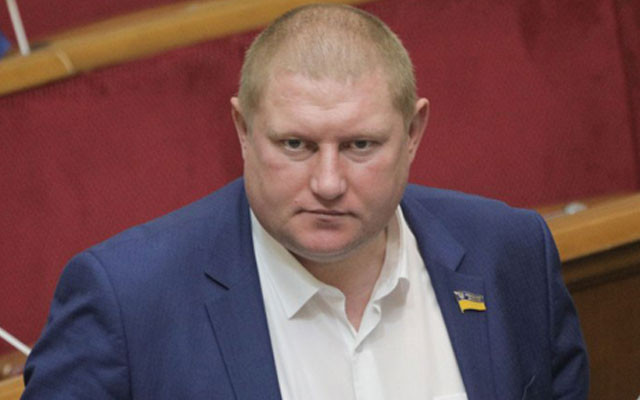
Legislation
Vatras on the implementation of the Roadmap: only advocates should create their own destiny
Work on implementing the Roadmap in relation to advocacy should be based on the participation of the professional community itself, and key tasks should be structured in such a way as to avoid mixing processes that differ in content and procedure.
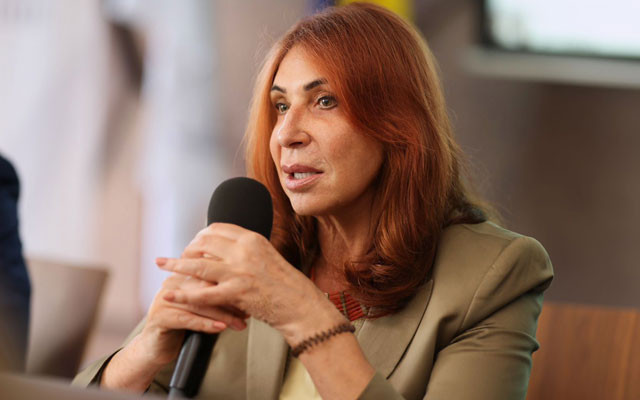
Legislation
Lidiya Izovitova outlined the approach to implementing the Roadmap for advocacy
The general approach to working on the implementation of the Roadmap on the Rule of Law in terms of reforming advocacy should not be based on «slogans», but rather on gathering facts, comparing them with standards, consulting with the professional community, and formulating norms for which participants are prepared to take responsibility.
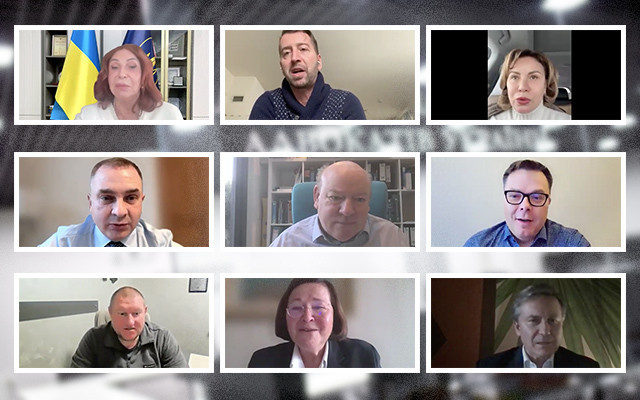
Legislation
Roadmap and advocacy: working group holds first meeting
On January 2, the first organizational meeting of the Working Group on the implementation of the Roadmap on the rule of law in the area of advocacy reform took place. The event was devoted to agreeing on the framework for further work and exchanging the initial positions of the participants.
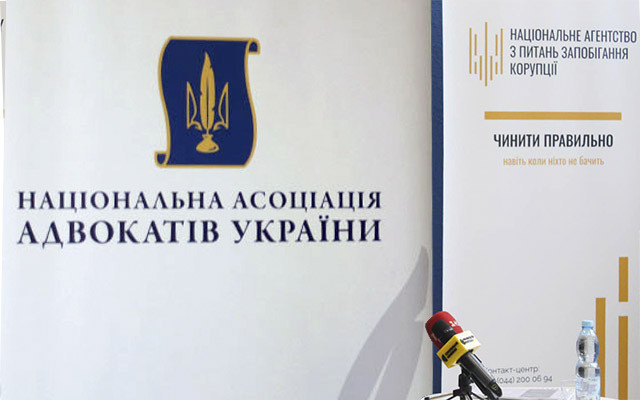
Self-government
BCU: NACP initiatives regarding the Bar are unconstitutional interference
The Bar Council of Ukraine has condemned the initiatives to reform the Bar proposed by the National Agency on Corruption Prevention as direct, gross and systematic interference by the executive branch in the activities of an independent constitutional institution.

Self-government
UNBA program for implementation of the Roadmap on the rule of law published
In order to ensure the implementation of measures set out in the Roadmap on the Rule of Law, the Bar Council of Ukraine approved a program for its implementation in relation to the reform of advocacy.
Publications

Victoria Yakusha, Law and Business The anti-corruption vertical cannot «take care» of the Bar as an institution, - acting head of the HQDCB

Censor.net Protecting advocates – protecting justice: addressing concerns about the new law

Ihor Kolesnykov A BRIEF SUMMARY REGARDING THE APPLICATION OF THE ORDER ON EXTENDED CONFISCATION IN LATVIA REGARDING FINANCIAL ASSETS OF…

Valentyn Gvozdiy WORKING IN A WAR ZONE

Lydia Izovitova Formula of perfection

Sergiy Vylkov Our judicial system is so built that courts do not trust advocates

Iryna Vasylyk Advocacy in the proclamation of Independence of Ukraine

Oleksandr DULSKY When we cross the border of the Supreme Anti-Corruption Court, we get into another department of the National Anti-Corruption…
